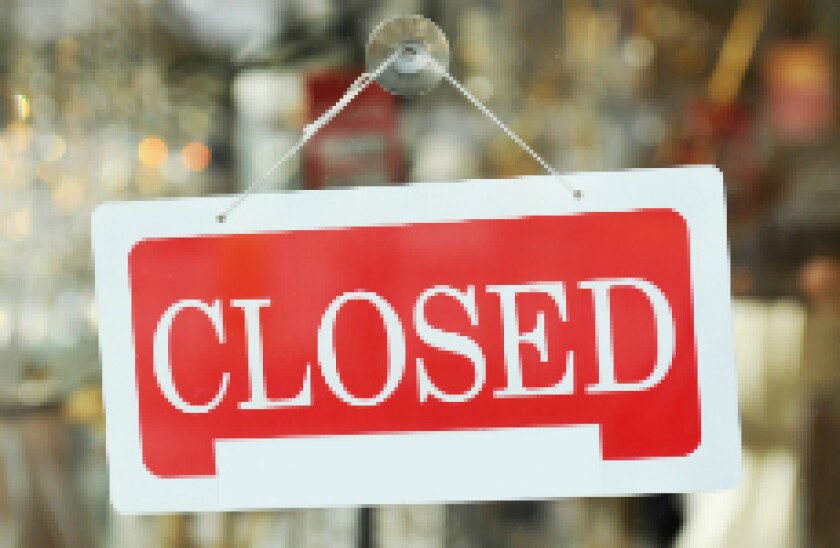Five years since the first cash shell listing on Bursa Malaysia, the Spac market looks miserable. Last week, CLIQ Energy announced that it would be liquidated, after the regulator rejected its request for more time to make an acquisition. CLIQ listed three years ago and its liquidation will be the first for a Malaysian Spac.
Then, as if to drive the point home, Eco World International filed for a conventional listing the same week, after dropping plans last year for a Spac IPO which would have been the first from the property sector.
The news has put the spotlight on Spacs. They have no assets or operations at the time of listing, but are holding companies set up for acquisitions. Investing in a Spac is considered risky because of the absence of an operating history and performance track record, with investors largely relying on the credentials of those running the Spac.
Malaysia’s Securities Commission, the capital markets regulator, has already made moves to tighten regulations around the sector, for instance requiring promoters to have more skin in the game and raising the thresholds for acquisitions, in a bid to protect minority investors.
Despite that, there has always been some interest in the asset class, with companies mooting ideas for Spacs in industries as varied as food and beverage, oil palm plantations, property, mining and healthcare, on top of the first crop of Spacs, which were focused on oil and gas.
But the bubble has now burst. CLIQ’s liquidation announcement follows a slew of potential Spac IPOs blocked by the regulator in recent years.
Oil and gas related Matrix Capacity Petroleum, mining Spacs TerraGali Resources and Australaysia Resources and Minerals, and Chemara Palmea Holdings — which had sought to be Asia’s first plantation-based Spac — have all been turned down.
In addition, an associate company of Hibiscus Petroleum — the first Spac to be listed in 2011 and the only one to have successfully made the transition from Spac to an operating company after an acquisition — is also facing the possibility of being wound up.
Bleak future
This undermines the very premise of a Spac.
It’s not like there have been many offerings for investors to bite into anyway. Only four Spacs have listed so far in Malaysia, raising $612m between them, according to Dealogic. The share prices of all four have slumped when compared to their issue price.
All this puts the regulator in an awkward position. Spacs are facing an uncertain future, with the market no longer enthusiastic about their intended purpose. Investors are pouring money into Spacs because of an arbitrage opportunity, only to vote against their acquisitions. And issuers are finding that raising money through the vehicles is an exercise in futility.
Liquidation, by itself, does not imply failure. In mature markets like the US, acquisition vehicles are regularly liquidated, without this casting a pall over the whole asset class. But there is no denying that Malaysia's Spacs are straying away from their original purpose, and if things stay the same, then the outlook is dire.
Dire, but not irrecoverable. Right now, while things are bleakest, is the right time to chart a better future for the asset class. If market participants want Malaysian Spacs to work properly, and fulfil their intended purpose, now is the time to commit.

